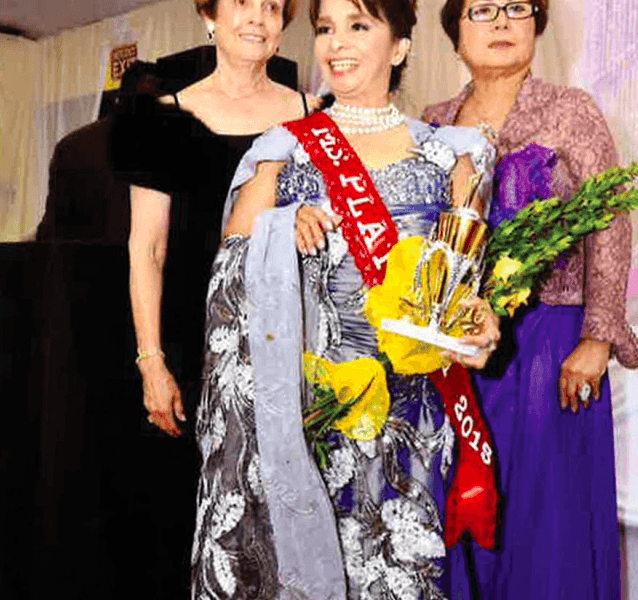THERE is a quiet army of gentle women who wear their tact like a uniform. They look after elderly people with long-term needs. Whether in a high-rise, multi-storey building, a cozy condo or in an elegant and sprawling California-style bungalow (where a caregiver is a cocooned for five days or a whole week) he/she is aware of how eerily the outside world fades away, when he/she is at client’s home, by the client’s side.
Within hours, the caregiver becomes intimate with the bleak living room, dining room and kitchen. They become the caregiver’s temporary domain. If lucky the caregiver could use the respite of a TV or a keyboard or a radio. Saddled with culture clash, the caregiver can help himself or herself with stupefying, awful food the elderly rely on.
The caregiver, bless their merciful souls, provide a variety of services from housekeeping, laundry, meal preparations, grooming and medical services. These are unique and intimate kinds of service, where one must be able to rely and trust the other person completely.
We are grateful that a sterling caregiver had agreed to an interview, anchored on the joys and perils caregivers go through as they set fort to begin their chosen vocations when they get here to the US.
Ms. Cora Miller opened the heart and showed us what caregivers do and think in their best light. Her inspiring anecdotes intricately celebrate the love, power and beauty of the caregiving profession, including their plight, hopes and frustrations. She revealed the depth and resilience of a caregiver’s heart—about their love, wisdom, humor—reminding us of the unlimited strength and fortitude in a caregiver’s soul and character.
Ms. Cora Miller is a mixture of happiness and pride. In her scrubs, hair down, a little disheveled, didn’t even object to have a selfie for this story. The conversation flourished with her honesty and frankness. She doesn’t know how to put on an act, showing herself, for what she is, in whatever mood she is, in whatever way life has treated her.
Cora Miller’s accomplishment in the caregiving services would be a compendium of all things. Her professional activities are dripping with lessons in caring, innate skills in all her health-oriented endeavors.
She had served as a cook at the Florida city jail in Jacksonville, and the police force for half a decade, and at the Jacksonville Navy Military base as a restaurant cook. She had other odd jobs in a travel agency and had mechanical engineering feats with tests outdoing the men that applied for the same job. Then she opted to concentrate on caregiving here in LA.
“There are many great things about taking care of the old. You accept their aches and pains, body cruelties. You have to grapple with its hopes, fears joys and sorrows of growing old with courage through personal experiences. Today, growing old has stiffed dramatically, influenced by the prospect of longer life span. There is an increased awareness of health and firmness, medical county and the community around.”
She sees caregivers as “those who wear their tact like a uniform, always unassumingly efficient always alert to the flickers of pain, even death, leaping to save an elderly form falling. No one can know the power of this quiet loving service, expressed inside homes, where the dedication and service is not for show, but for the good that it can do for the love of others- important acts of service, unnoticed by the outside world…”
We’ve learned of another world, of these quiet angels with gentle hearts, who used to be teachers, bank tellers, office workers, registered nurses, who hasn’t passed the board exam.
They play many roles: health provider, care manager, friend, companion, surrogate decision-maker and advocate.
Women are the major providers of a long term care in this country. but they also have long term care needs of their own. The value that women provide ranges form 306 million annually. In 2013, almost 7 percent of all women were aged 75 or older, and a common scenario is an older woman who cares for her husband or parents with her few resources—financial or otherwise—hardly meets her own needs for assistance.
But who will take care of the caregivers?








